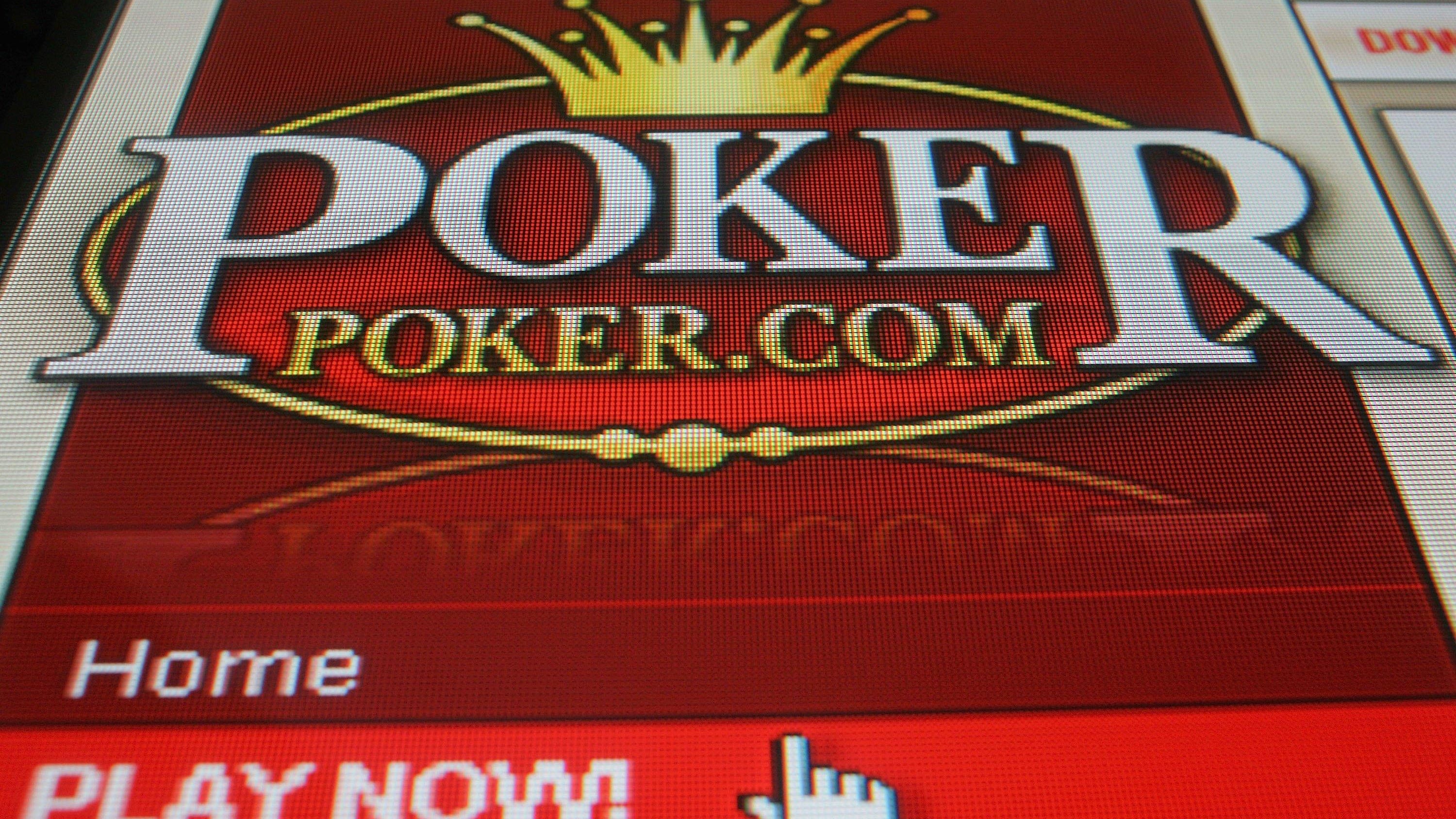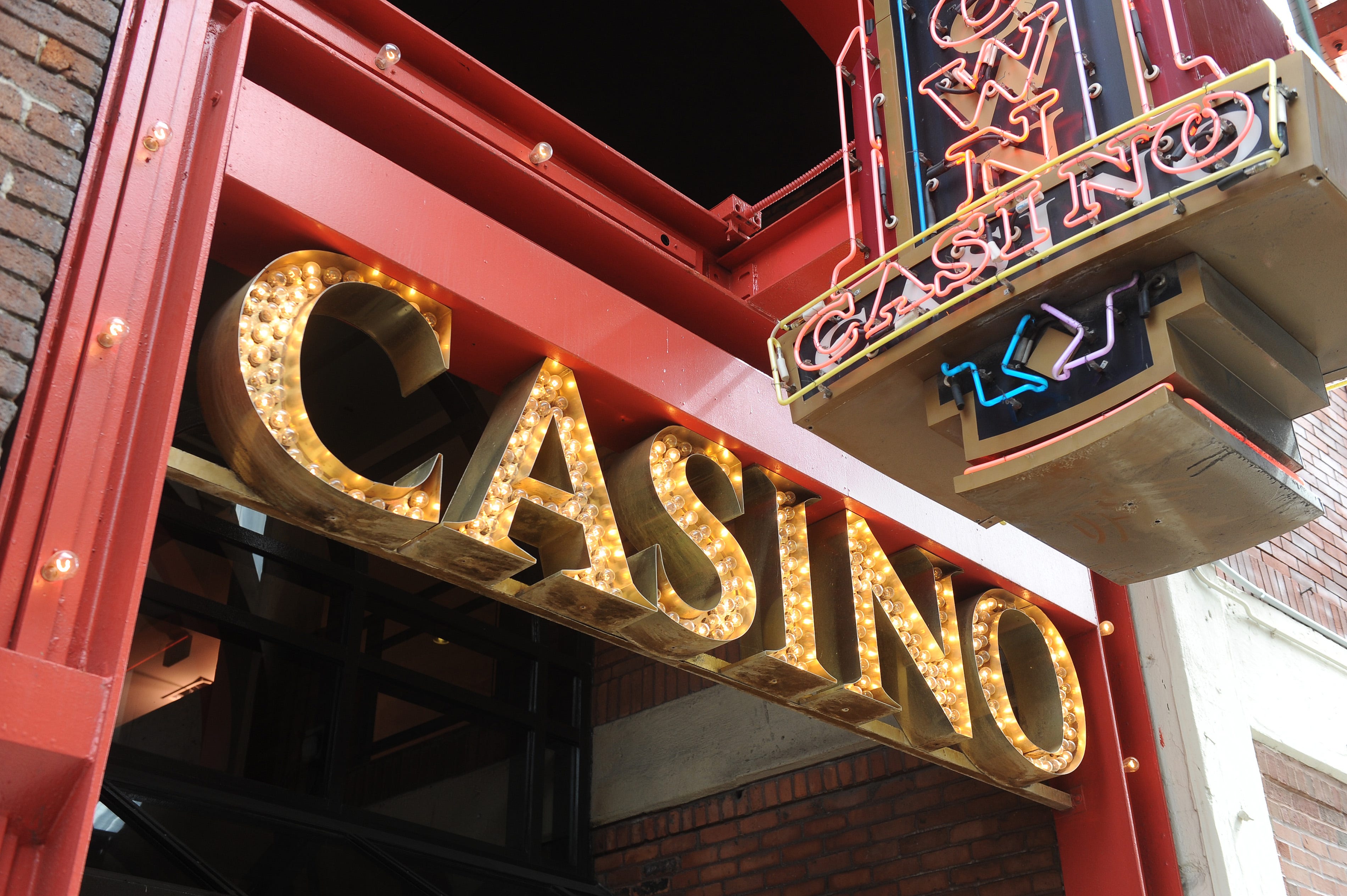Michigan lawmakers bet big with plan to legalize online gambling
 Jonathan Oosting
Jonathan Oosting
Lansing — Michigan would become the fifth state in the country to legalize online gambling under a sweeping plan approved by the Legislature late Thursday and now heading to Gov. Rick Snyder’s desk for consideration.
The plan would allow players to access games like poker online anywhere in Michigan through portals operated by Detroit and tribal casinos.
Lawmakers approved the package in a series of bipartisan votes after Senate amendments ensuring that Detroit would continue to receive at least $179 million a year in gambling tax revenue even if fewer players visit the city’s three brick-and-mortar casinos.
Internet gambling is currently allowed in Delaware, New Jersey, Nevada and Pennsylvania, but some other states are considering legalization proposals.
Under the Michigan plan, revenue from internet games like poker would be taxed at 8 percent, less than the 19 percent tax for in-person casino gambling. Fifty-five percent of the new tax collections would go to the state gaming fund, 30 percent to Detroit and additional dollars would be devote to schools, roads and horse racing.
Taxes on internet gaming through tribal casinos would be allocated differently, with 75 percent going to the state’s gaming fund and 25 percent to the Michigan Strategic Fund, which promotes economic development and job creation.

The proposal would not directly authorize — but would likely pave the way for — internet gambling on sports, which several states are considering in the wake of a May ruling by the U.S. Supreme Court. The legislation would create a division of internet gaming under the Michigan Gaming Control Board that could permit licensed casinos to accept online wagers “on any amateur or professional sporting event or contest.”
But opponents said they hope Snyder will veto the legislation.
"While we're disappointed in the legislature's action, we're hopeful the governor will put Michigan school revenue, the needs of addicts and family safety ahead of online casino special interests and veto the measure when it reaches his desk," the Reno, Nevada-based Coalition to Stop Internet Gambling said in a statement.
The Senate approved the main bill in the package late Thursday night in a 33-5 vote, with support from all 11 Democrats. The House approved the changes in a concurrence vote.
Casinos that offer online gambling would be required to ensure that gamers are over the age of 21 and limit participation to individuals located in Michigan or another jurisdiction where internet gaming is legal.
Senate Minority Leader Jim Ananich, D-Flint, called the final version of the legislation a good compromise that protects a key revenue source for the city of Detroit.
"People are doing internet gaming. They're doing sports betting," Ananich said, telling reporters the legislation will "give people a legal platform to do that" and "make sure the money stays in Michigan."
The proposal would allow casinos to apply for a special internet gaming license, subject to a $100,000 application fee, a $200,000 fee for an initial license and an annual $100,000 renewal fee. An “internet gaming platform provider” license would cost $100,000 with a $50,000 yearly renewal fee.
Tribal casinos could also seek an amendment to their compact agreement with the state to allow internet gambling. A chairperson could request the amendment in a letter to the governor, who would be required to negotiate the amendment “in good faith” with the tribe.
The legislation would also create a new license for internet gaming vendors, who could provide goods, software or services to a casino with an internet gaming license. Their initial license would cost $5,000, with a $2,500 yearly renewal fee.
The division would be required to create new rules to administer the internet gaming law within one year of it taking effect. The state would generally decide which games would be allowed but would be required to include poker.

The legislation would allow the state to develop a “responsible gaming database” to prohibit players who have been convicted of a felony or crime involving gambling, along with anyone who has a “notorious or unsavory reputation” that could hurt public trust or confidence in internet gambling.
An earlier version of the legislation passed the House in June but had stalled in the Senate, partially amid concerns over the impact on Detroit tax revenues.
A House Fiscal Agency analysis had projected the legislation would likely reduce tax revenue for the city if fewer people went to Motor City, MGM Grand or Greektown casinos, where in person gambling would be taxed at a 19 percent rate, as opposed to 8 percent online.
joosting@detroitnews.com